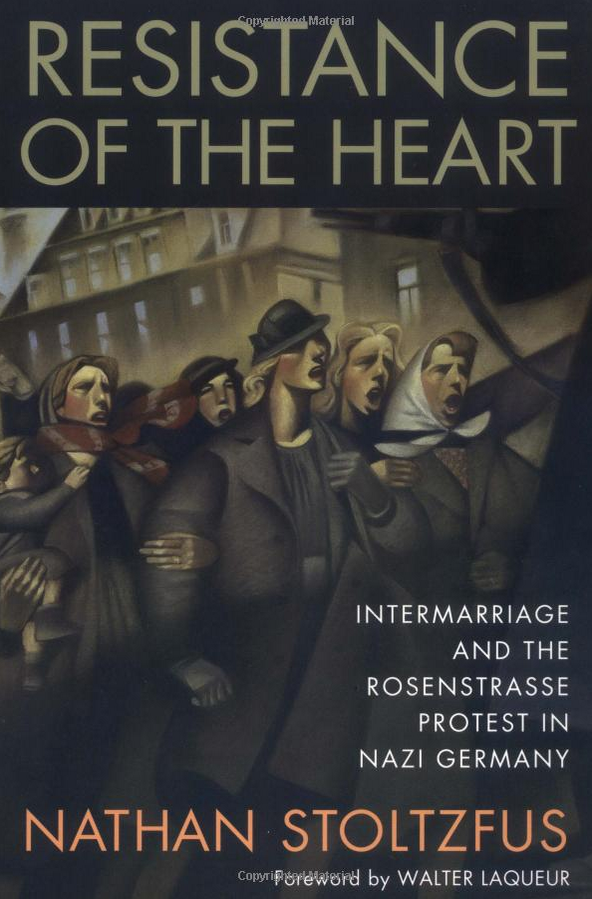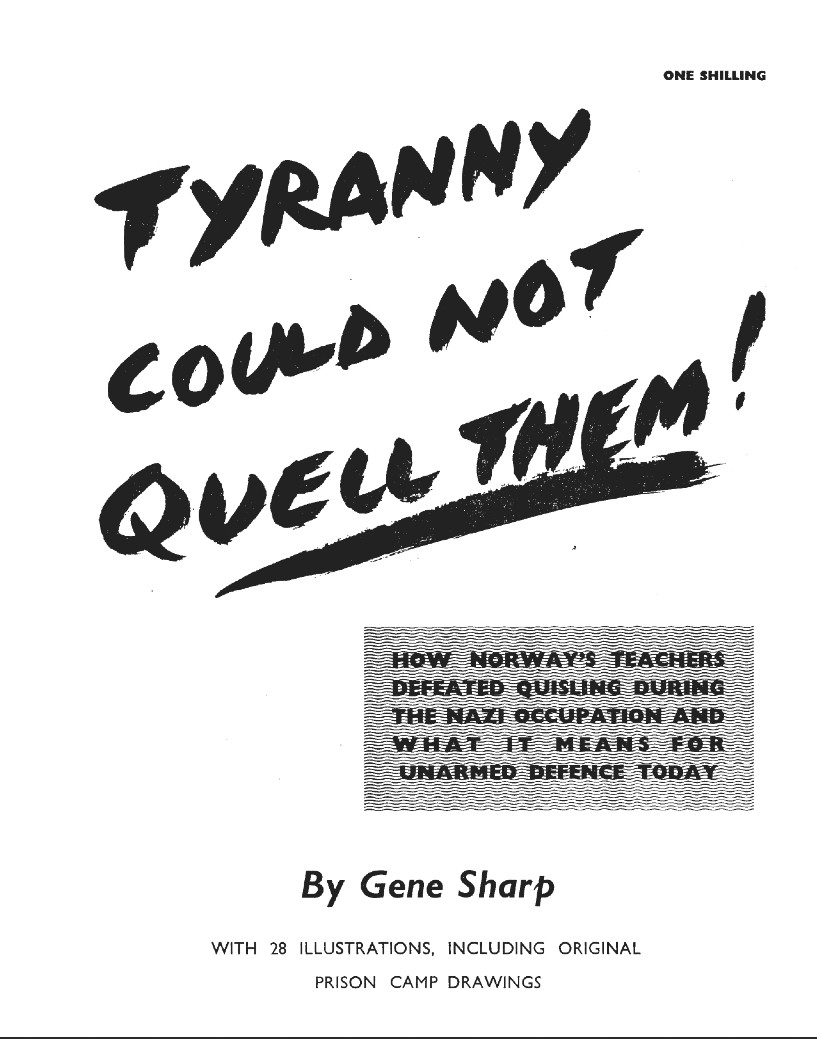
Resistance of the Heart: Intermarriage and the Rosenstrasse Protest in Nazi Germany
In February 1943, the Gestapo arrested approximately 10,000 Jews remaining in Berlin. Most of them died within days in the gas chambers of Auschwitz. Two thousand of those Jews, however, were locked into a temporary collection centre on a street called Rosenstrasse, in the heart of Berlin. These two thousand had non-Jewish, German husbands, wives, and children. As news of the arrest spread, hundreds of Gentile spouses, mostly women, hurried to the Rosenstrasse in protest. For a week the Berlin police and uniformed SS dispersed the women with threats to shoot them down, but they advanced again and again until the Gestapo backed down and freed their loved ones. Who were these intermarried Germans who dared to disobey history’s most ruthless regime? Why did they choose to suffer the stigmas of intermarriage? And why did Hitler and Goebbels give in to the protesters and release two thousand Jews? If more Germans had protested, might the Holocaust have been slowed or even stopped? This work is a response to these questions. The history of the Rosenstrasse protest demonstrates the courage–and compromise–of self-protective resistance. Using interviews with survivors and Nazi records, this text reconstructs the Rosenstrasse story.
W.W. Norton & Company, 1996
(Paperback: Rutgers University Press, 2001)
ISBN-10: 0393039048 (hardcover)
ISBN-10: 0813529093 (paperback)
ISBN-13: 978-0813529097 (paperback)



